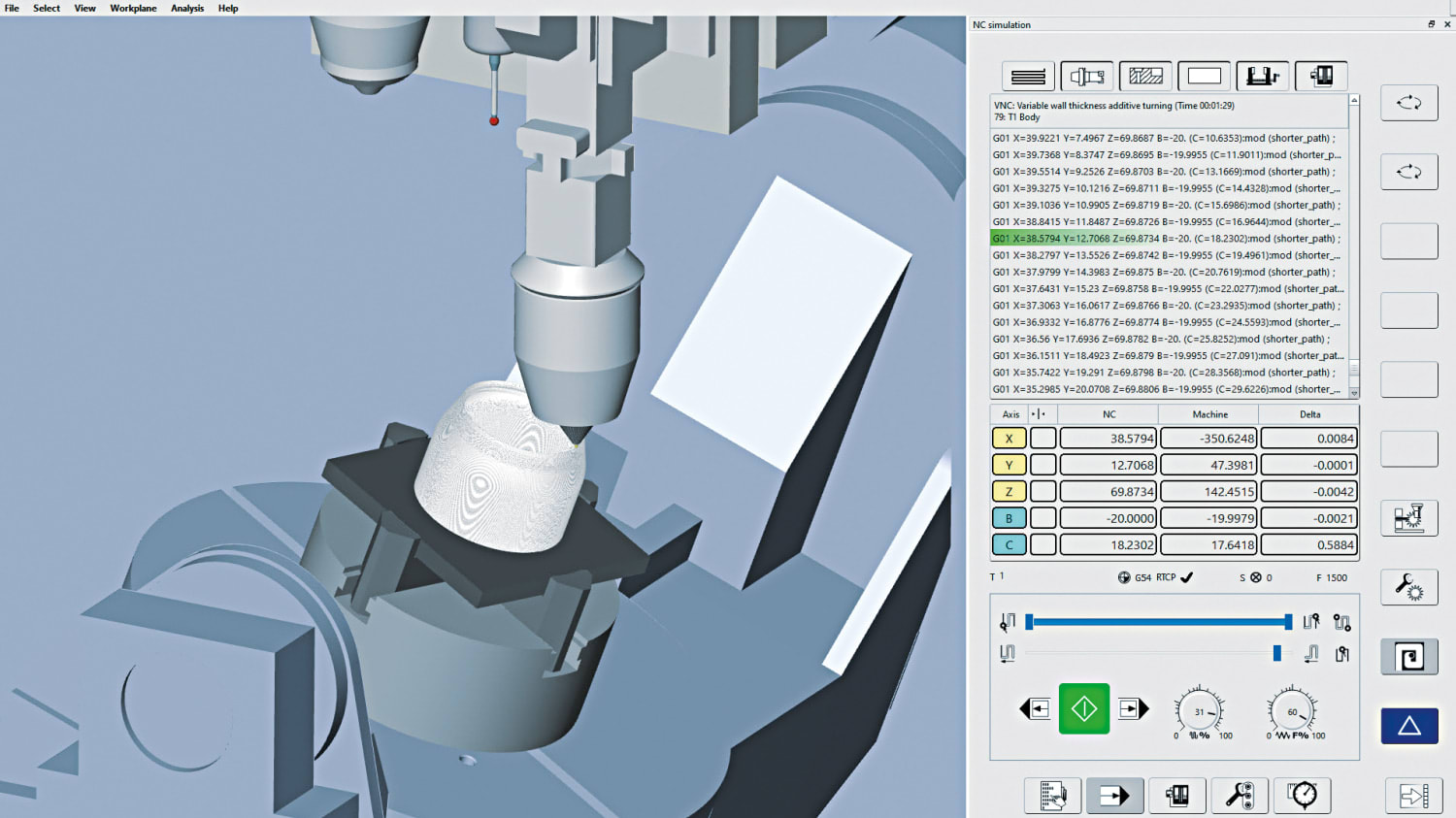Electrical engineer: Exciting insights into the world of electricity and technology
Publicado

Publicado

RemoteScout24 · Publicado 2023-08-30 17:59:01.0
RemoteScout24 · Publicado 2023-08-16 21:59:01.0
RemoteScout24 · Publicado 2023-08-16 17:59:01.0
RemoteScout24 · Publicado 2023-08-15 21:59:01.0



